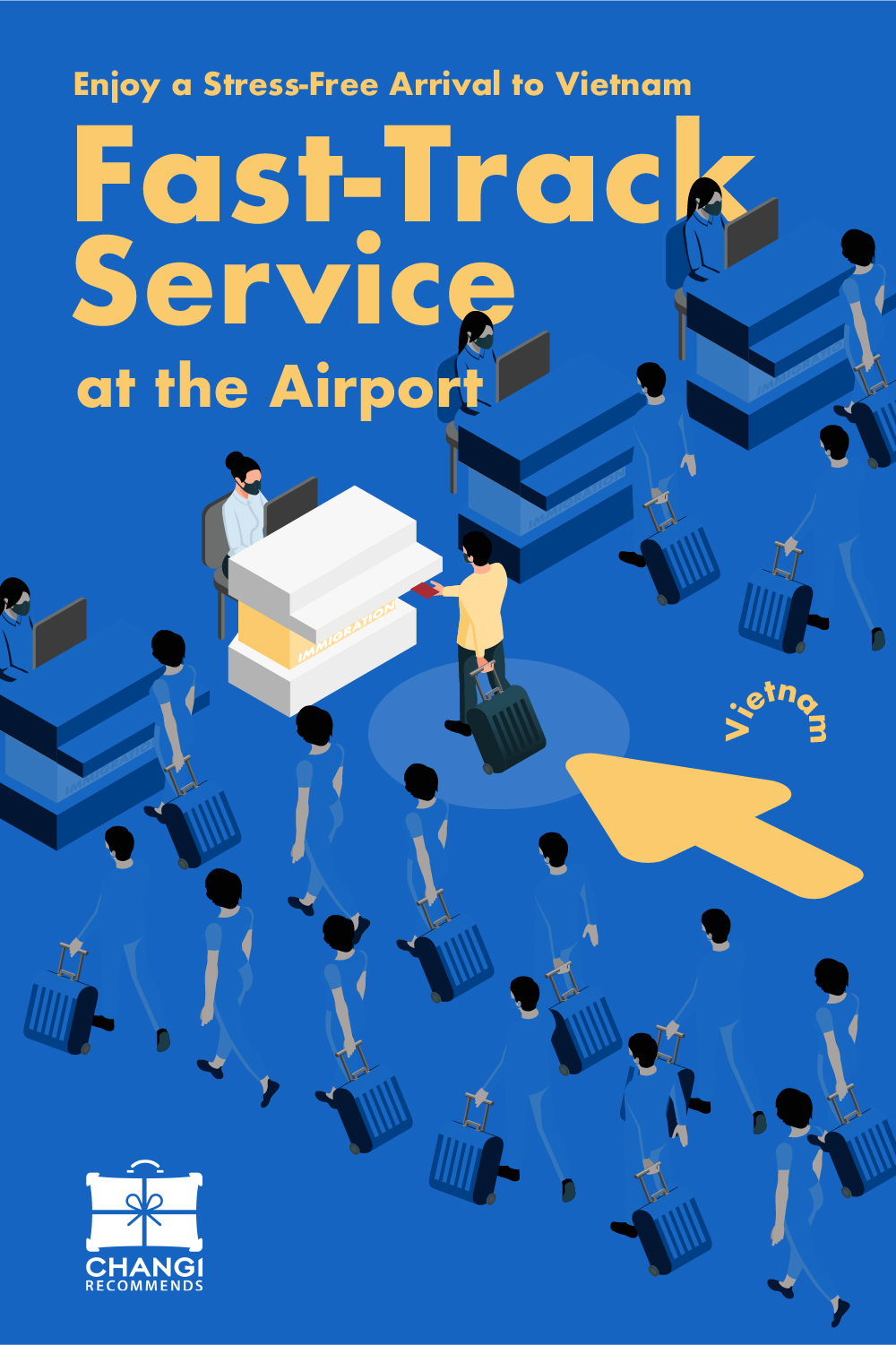In other words, what COVID-19 can teach us about life…
The 21st century has been characterised by global challenges – from climate change and refugees crises, to infectious disease and war. And it’s becoming clearer that these problems no longer fall neatly along the lines of any one country’s borders.
For millennia, people in positions of power have been held responsible for their own people alone but, in our interconnected and interdependent modern world, this is no longer sufficient and effective. In the long run, it could be disastrous.
Take, for instance, the recent Coronavirus outbreak which began in China last December. The virus doesn’t discriminate and recognise nationality, as of 11 March 2020, the number of cases around the world crossed 110,000 and over 150 countries have been affected, the World Health Organisation has finally declared (after months of assessment) that COVID-19 can be characterised as a pandemic.
Although China has issued an ultimatum to lockdown Wuhan on January 23, unfortunately, many travellers have left the epicentre to many parts of the world.
Most governments around the world know that there isn’t a right timing to declare a pandemic is upon us because the word itself can trigger economic and social disruption. However, does it mean that the word can only be mentioned when cases appear throughout the seven continents? Wouldn’t it be too late to slow the spread because authorities are not taking it seriously?
To quote Albert Camus from his novel The Plague, “Everybody knows that pestilences have a way of recurring in the world; yet somehow we find it hard to believe in ones that crash down on our heads from a blue sky. There have been as many plagues as wars in history, yet always plagues and wars take people equally by surprise.”
The virus sweeps Europe. Three cases were first reported in France on January 24, and after seven weeks, there are over 5,000 cases. Same goes for Italy, the first two cases were confirmed on 31 January, but the numbers of confirmed cases have exceeded 20,000 as of March 16, in less than two months.
Now compared to Singapore, the first case was reported on 23 January. Before that, the Singapore Government took swift decisions to convert premises and dormitories as quarantine facilities, and contact-tracing team work round-the-clock to identify and quarantine those who travelled to the affected countries. According to the officials, 524 people were under quarantine as of February 2.
As of 16 March, the total number of cases has increased to 243, out of which 109 patients have recovered fully. To date, over 7,000 people have been issued Stay-Home Notices. What we’ve gathered from this is that quarantine and isolation protocols can help to slow the transmission. But the situation is still evolving, every day brings new development and we’ve experienced a spike in imported cases (travellers returning from affected regions).
I think it’s worth reflecting on this matter. As much as our Singapore Government is trying their best to manage the situation, putting a stop to this virus is a collective task no matter how you look at it.
We can indeed take all the steps to protect ourselves and our family, but our efforts are less likely to matter if our neighbours, travellers from abroad and the global community don’t do their part. Pandemic is a shared condition, we have to care about other people, and they have to care about us.
As much as I’d love to encourage you to explore the world or to take that dream vacay, I don’t think it is appropriate at this point. This is because we’re all in the same boat – for better or worse. Our actions matter and people are counting on you to do so. Oh wait, but don’t get me wrong, this is not a time to panic. Please do not rush to the supermarkets unnecessarily, you should be mindful of crowded areas.
Initially, I had the impression that since COVID-19 fatality rate is so low, do I really have to make changes to my holiday plans and reduce my time outdoors? But after learning about the rate of transmission, I realised that it’s no longer just about me.
Even if you’re young and healthy, don’t forget that you could risk becoming a vector for spreading the virus to others (a parent, a grandparent, a friend with an existing medical condition) if you’re not mindful about what you do and where you go.
Remember those healthcare workers who are at the frontline of the outbreak? They also have friends and families praying for their safety. If we are not doing our part to lessen the risk we face as a society, then we might not be able to travel for a long time. It’s no brainer that the fewer infected people there are, the safer everyone will be.
Finally, there are no ‘ifs’ in life.
If only the Wuhan Mayor takes the warning from Dr Li Wen Liang seriously.




